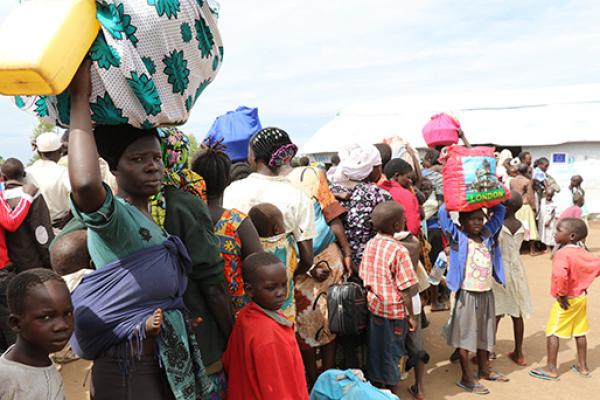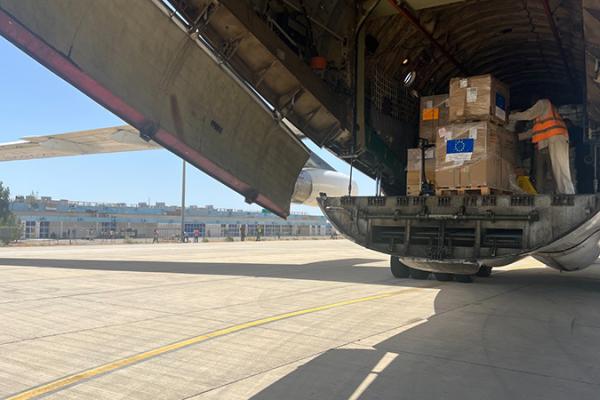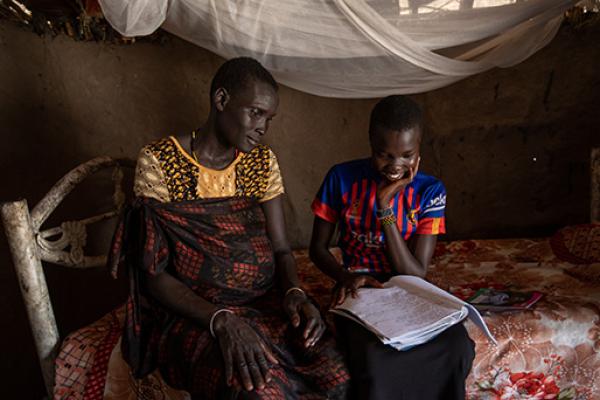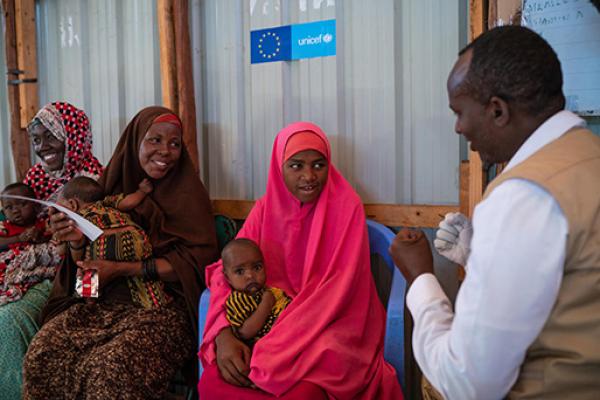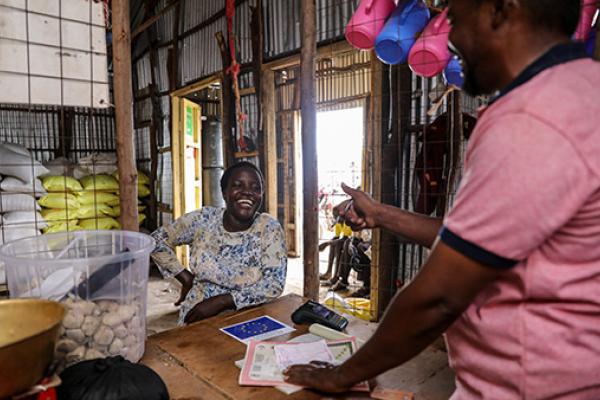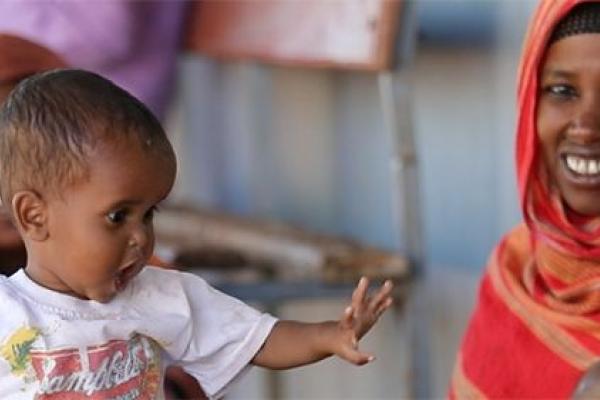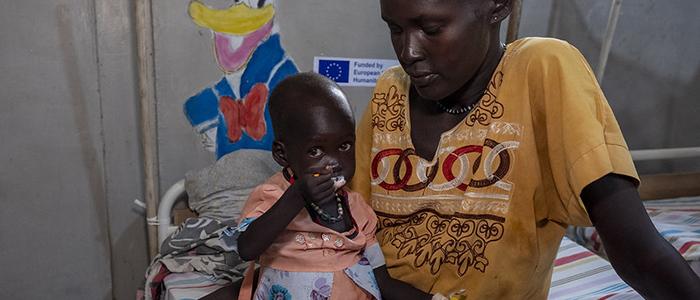
The Greater Horn of Africa region is facing multiple and overlapping humanitarian crises with more than 50 million people in urgent need of food assistance.
To help, the Commission will provide some €331 million in humanitarian aid primarily targeting food insecurity as well as addressing the needs of displaced persons and refugees, disaster preparedness, and education in emergencies.
The funding will support humanitarian projects in:
- Djibouti (€500,000)
- Ethiopia (€60.5 million)
- Kenya (€12.5 million)
- Somalia (€72 million)
- South Sudan (€82 million)
- Sudan (€73 million)
- Uganda (€30 million)
Of the total funds allocated to the Greater Horn of Africa, around €8 million will be dedicated to disaster preparedness, as the entire region is prone to natural hazards due also to climate change.
Other priorities across the region include protection of civilians and the fight against gender-based violence, food security and nutrition, and the education of children caught up in emergencies.
The urgent needs of refugees and displaced persons will also be prioritised. Particular emphasis will also be placed on promoting compliance with international humanitarian law.
Janez Lenarčič, Commissioner for Crisis Management, said: “We have mobilised substantial financial resources to address the deteriorating humanitarian situation in the Greater Horn of Africa. Humanitarian needs are at their highest ever in some countries, with the situation being particularly dire in Somalia, Ethiopia, South Sudan and Sudan. The drought in the Horn of Africa, combined with the repercussions of Russia’s war of aggression against Ukraine, have resulted in unprecedented levels of food insecurity. Conflict and climate-change related hazards continue to result in internal displacement, and cross-border refugee flows. Our response is not limited to funding – in 2022, for example, we organised a series of Humanitarian Air Bridge flights delivering life-saving aid to hard-to-reach areas of Somalia. We will continue working, with our humanitarian partners on the ground, to deliver aid to those who need it the most.”
Background
Around 14.5 million people are displaced in the Greater Horn of Africa region, while around 4 million are refugees. Millions in the region are food insecure.
In Somalia, 8.25 million people urgently need humanitarian assistance in 2023.
People in South Sudan are facing the highest levels of food insecurity since the country became independent, with the highest proportion of the population facing acute food insecurity worldwide.
In Sudan, humanitarian needs are the highest they have been in a decade, due to the combined effects of (i) the political and economic crisis, (ii) skyrocketing inflation, (iii) the consequences of the Russian war of aggression against Ukraine, (iv) poor harvests, and (v) floods. As a result, some 15.8 million people require humanitarian assistance.
In Ethiopia, the massive humanitarian needs resulting from the 2-year conflict in the north of country, the drought, large population displacements and influx of refugees as well as additional localised conflicts.
Kenya is also facing the dire consequences of the unprecedented drought and massive influx of refugees.
Uganda, hosting the largest refugee population in Africa, had to deal recently with the additional threat of the Ebola epidemic in the country, between September 2022 and January 2023. At the same time, Uganda continues to receive large numbers of people fleeing conflicts in neighbouring countries.
Details
- Publication date
- 28 March 2023
- Author
- Directorate-General for European Civil Protection and Humanitarian Aid Operations (ECHO)

